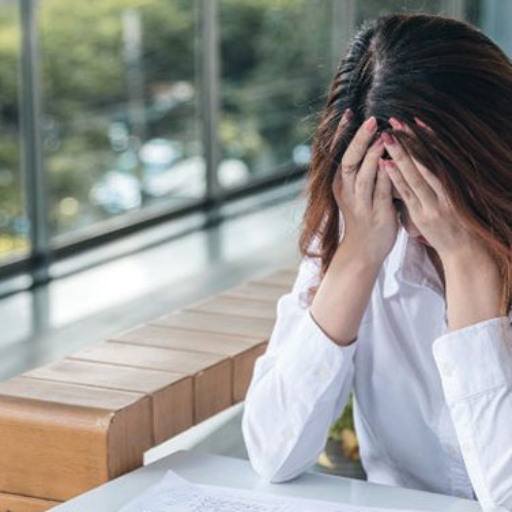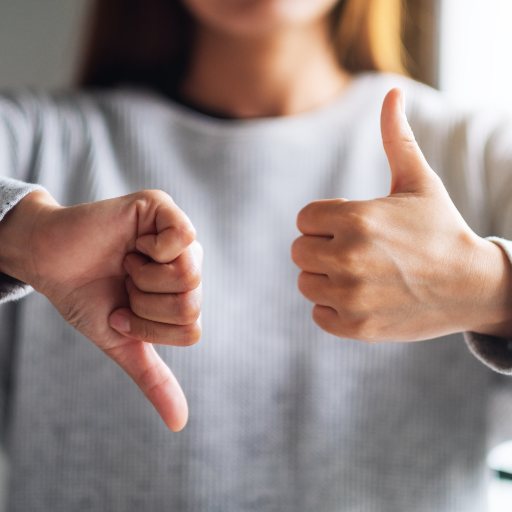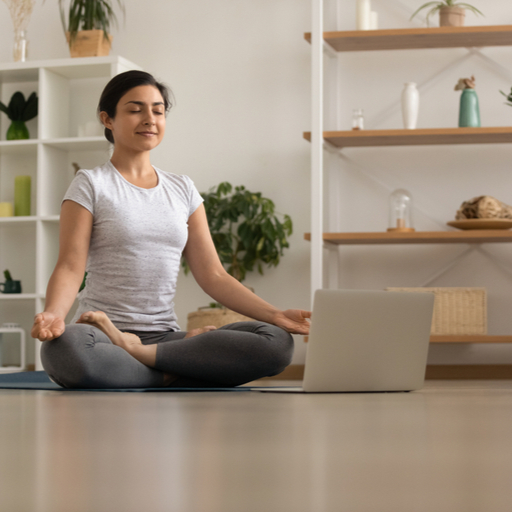Anxiety disorders are a group of mental disorders that have become increasingly common in today’s atmosphere. It is only normal to experience occasional anxiety. However, if it is an overwhelming and uncontrollable feeling that interferes with daily activities, then it can be a matter of concern.
What is an anxiety attack?
Anxiety is your body’s natural response to stress or fear. But if it is consistent and lasts for more than six months, then it can be an anxiety disorder.
An anxiety attack is a sudden episode of intense fear that lasts for a short period of time based on a perceived threat rather than an imminent danger. Anxiety can be a response to a specific worry or stress. It is a sense of discomfort which can reach a peak within minutes and last for several minutes.
Types of anxiety attacks
There are many types of anxiety disorders, such as panic attacks, phobias, obsessive-compulsive disorder (OCD), social anxiety, separation anxiety, and post-traumatic stress disorder (PTSD).
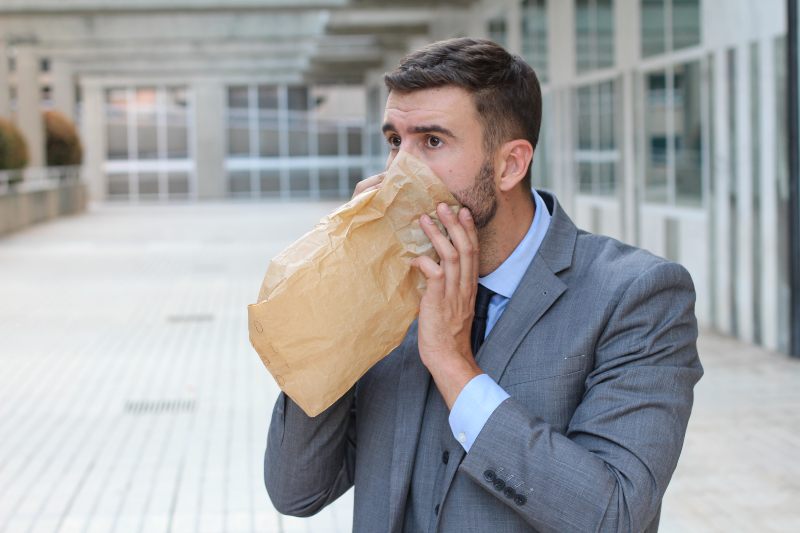
Symptoms of an anxiety attack
During an anxiety attack, a person may experience a combination of physical, emotional, and cognitive symptoms.
Physical symptoms include:
- Sweating
- Rapid heartbeat or palpitations
- Shakiness
- Chest pain
- Nausea or experiencing gastrointestinal problems
- Chest pain
- Dizziness or lightheadedness
- Numbness or a tingling sensation in the hands or feet
- Hot flashes
- Weakness or fatigue
Cognitive symptoms can include:
- Racing or negative thoughts
- Difficulty focusing or concentrating
- Negative self-talk or self-doubt
- Disorientation and confusion
- Forgetfulness
- Difficulty making decisions and problem-solving
- Difficulty sleeping
Emotional symptoms include:
- An intense feeling of dread
- Feeling detached from oneself or reality
- Persistent worrying
- Feeling irritable and agitated
- Feeling overwhelmed or out of control
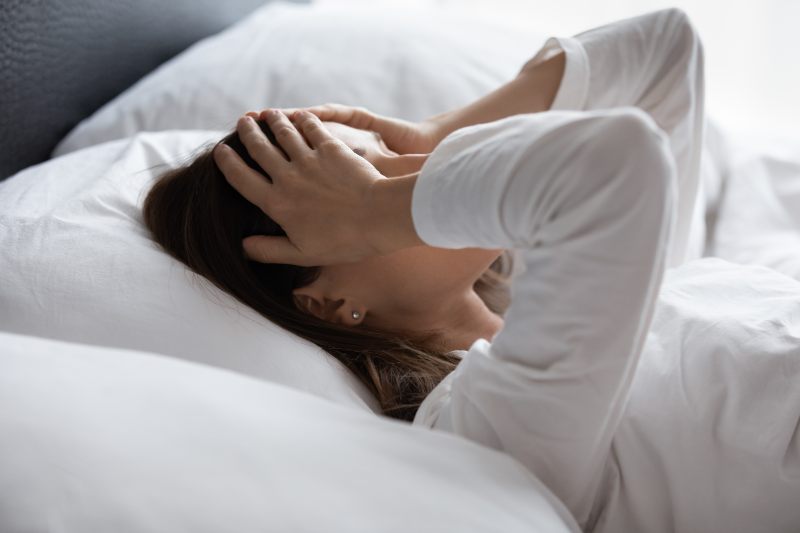
Causes of an anxiety attack
Anxiety attacks can be caused by a combination of factors.
- For some, it may be related to an underlying health issue. Medical issues such as heart disease, diabetes, and respiratory disorders like asthma or chronic obstructive pulmonary disease (COPD), are linked to anxiety.
- Withdrawal from illicit substances like drugs, alcohol, or cigarettes can also lead to anxiety.
- While for others, it can occur due to a traumatic experience or through other mental disorders like depression.
- Many times, environmental stressors, including difficulty at work, relationship or family problems, can also cause anxiety attacks.
How to recover from anxiety attacks?
Treatments for anxiety vary from psychotherapy to behavioral therapy. Here are 4 cures for anxiety:
1. Relaxation Techniques
In some cases, anxiety can be treated without clinical supervision. Yoga can help a person cope with mild or short-term anxiety disorders. Breathing exercises can lower your heartbeat and help you relax, while long baths and meditation can calm your mind and body.
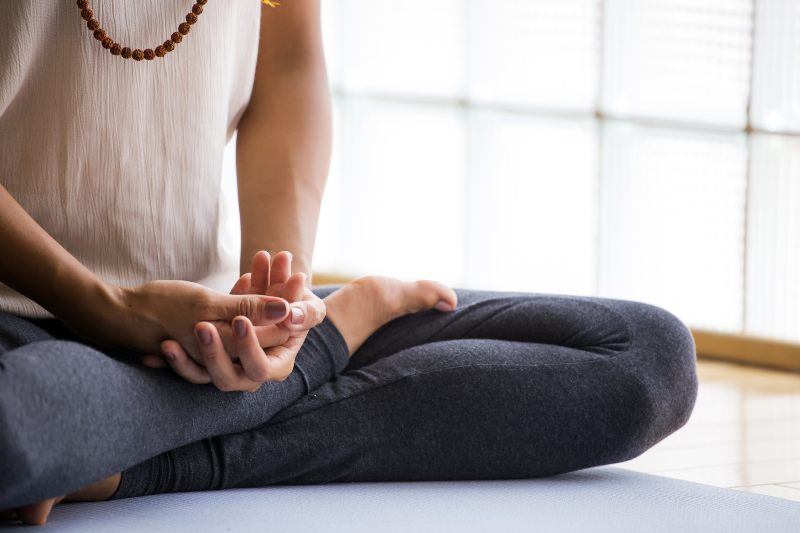
2. Stress Management
At times, maintaining a work-life balance can trigger anxiety. However, organizing your desk or the surrounding area, listing down tasks on a priority basis, and ticking them off the list on their completion helps in managing work and reducing stress.
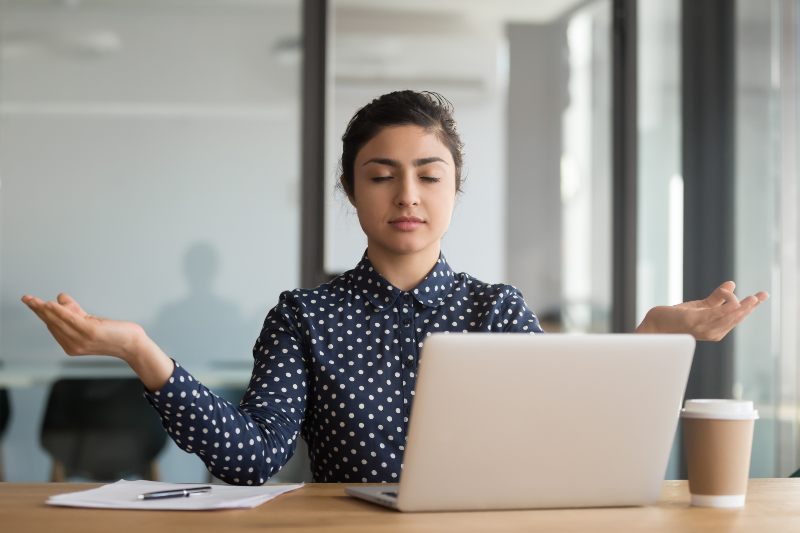
3. Exercise
To attain a healthy standard of life, it is important to stay active. Exercising on a regular basis increases concentration and the ability to focus and releases endorphins that trigger a sense of positivity.

4. Counselling
It is always advisable to reach out to a counselor or a therapist if you face severe anxiety. They can help us recognize and organize our thought patterns. By addressing anxious feelings, they encourage us to confront our fear.
When should you see a doctor?
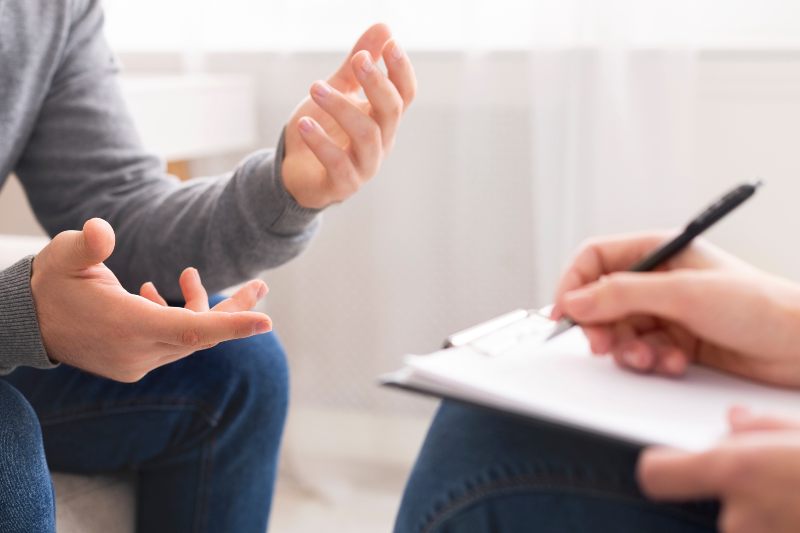
If someone faces frequent bouts of anxiety attacks or has difficulty managing their anxiety, which impacts the quality of their lives, it is recommended that they speak to a mental health professional. Physical symptoms that are causing distress, symptoms of anxiety that persist for a long time, and other mental health conditions that co-occur with anxiety are signs to seek professional help. One should take medications only after consulting a medical specialist. The best way to prevent anxiety disorder is to reduce the intake of caffeine and cola and maintain a healthy diet. A regular sleep pattern results in a healthy lifestyle. It is also very important to avoid the intake of alcohol or drugs.
It always helps to stay observant of people who show symptoms and listen to those who have anxiety.
Key Takeaways
- If anxiety is persistent and lasts for more than six months, it may indicate an anxiety disorder.
- Common symptoms include sweating, chest pain, racing thoughts, negative thinking, and persistent worry.
- To recover, consider practising relaxation techniques, seeking counseling, and exercising regularly.
Stay tuned to the Activ Living Community. Keep up to date with the latest health tips and trends through expert videos, podcasts, articles, and much more in nutrition, fitness, mindfulness, and lifestyle conditions like Asthma, Blood Pressure, Cholesterol, and Diabetes.
Our Activ Health Platinum-Enhanced Plan also supports you with its many developed features.





 1800-270-7000
1800-270-7000

